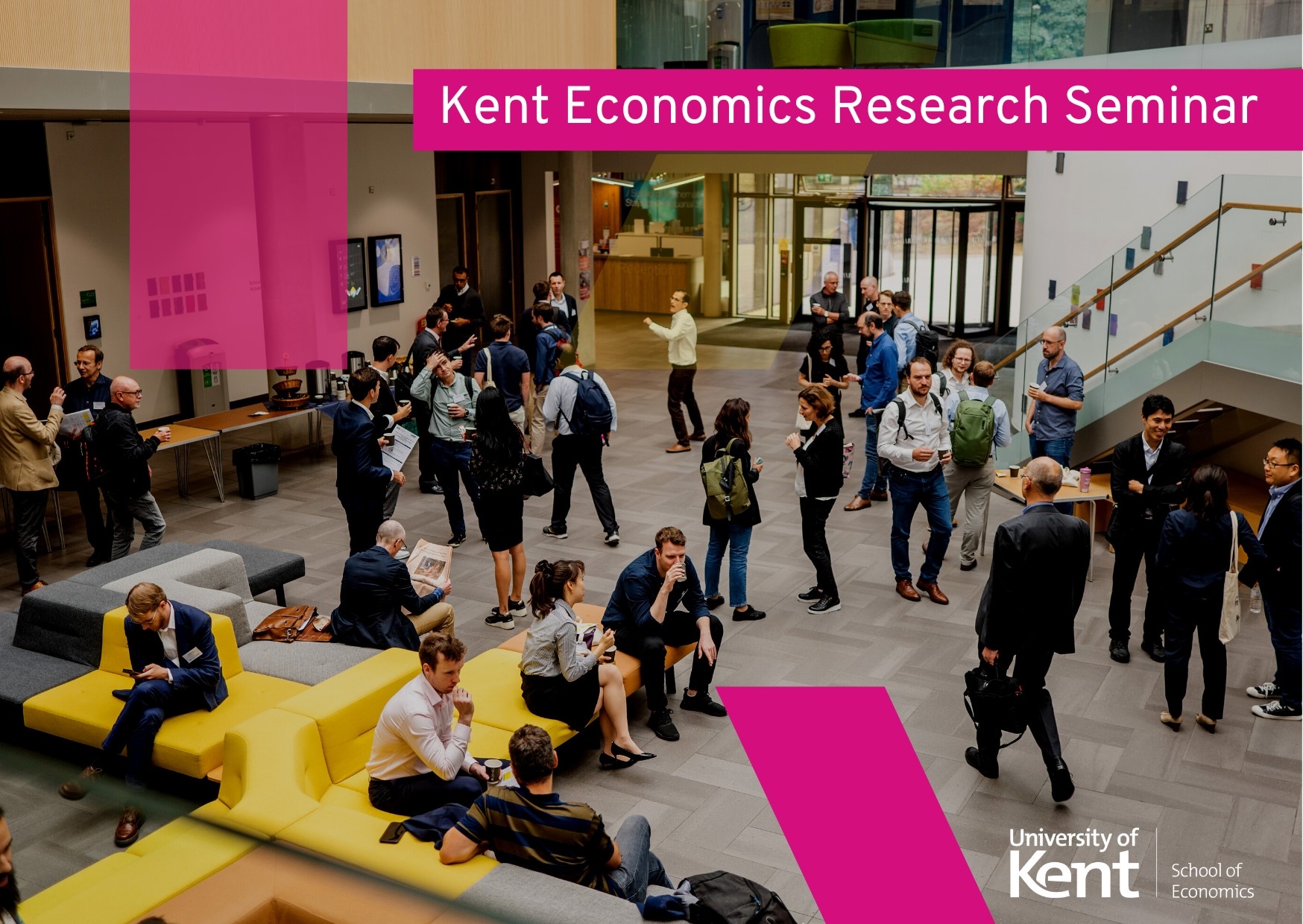
Join us for these stimulating seminars, on campus or virtually, with guest economists from around the world, hosted by the School of Economics.
Yuta Watabe (Institute of Developing Economies) joins us to deliver Cross-country price differences in digital goods: Evidence from Steam
Watabe works on international economics using quantitative models of trade to analyse the welfare and aggregate implications of various phenomena including multinational production, global warming and digitalization.
‘We investigate how digital goods are priced across countries and the influence of the distribution platform using price data from Steam, the world’s largest digital distribution platform for computer games. Steam uses several techniques (e.g. geo-blocking, account bans) to allow developers to charge different prices in different regions. We show that (1) Steam suggests prices for different regions based on the US price of the game, and the majority of developers mostly follow the suggestion, (2) the actual price and the suggested price mostly depend on the income level of the country, but not on the market size, consistent with the pricing of physical goods, (3) adjusting the suggested prices only partially changes the pricing behaviour of developers. The result suggests that the digital platform has a strong power to anchor the global pricing of goods and has a huge impact on the aggregate price differences across countries.’
Fri June 2, 12:00-13:00, ONLINE
Cecilia García Peñalosa (Aix-Marseille) joins us on campus to deliver Female political rights and technological change: Evidence from Switzerland
‘This paper examines the effect of technological change on gender attitudes. To do so we consider the factors behind the introduction of female suffrage in Switzerland, the last high-income country to do so. Women were able to vote at the federal level only after a referendum approved universal suffrage. Using data at the cantonal level from the (unsuccessful) 1959 and the (successful) 1971 referenda, we explore whether technological change was a driver of support for women’s rights. The particular features of the modernization process in Switzerland, notably the fact that electricity was exclusively generated through water-power, allow us to identify a causal effect from technology to gender attitudes. The paper also seeks to identify the mechanism through which this effect took place.’
Wed June 7, 15:30-17:00, KENSR11
Jordan J. Norris (New York University Abu Dhabi) presents Spatial Wage Inequality within the Firm.
Wed June 14, 15:30-17:00, KENSR11
Tommaso Bighelli (Halle / CompNet) presents Institutional factors and Structural Transformations.
‘Do corporate tax cuts contribute to a declining manufacturing share? This article argues that the answer is yes. I use firm-level administrative data on Germany and difference-in-difference methodology to estimate the effect of 8,000 local tax changes to show that the elasticity between tax shocks and firm-size, job-creation and labor productivity is higher in the service sector than in manufacturing. I rationalise the evidence using a quantitative heterogeneous firms model with taxation where manufacturing and service differ in adjustment costs and technology production.’
Thursday June 15, 12:00-13:00, KENSR11
Mattia Di Ubaldo (University of Sussex) presents Trade Agreements and Environmental SDGs.
Fri June 16, 12:00-13:00, KENSR11




